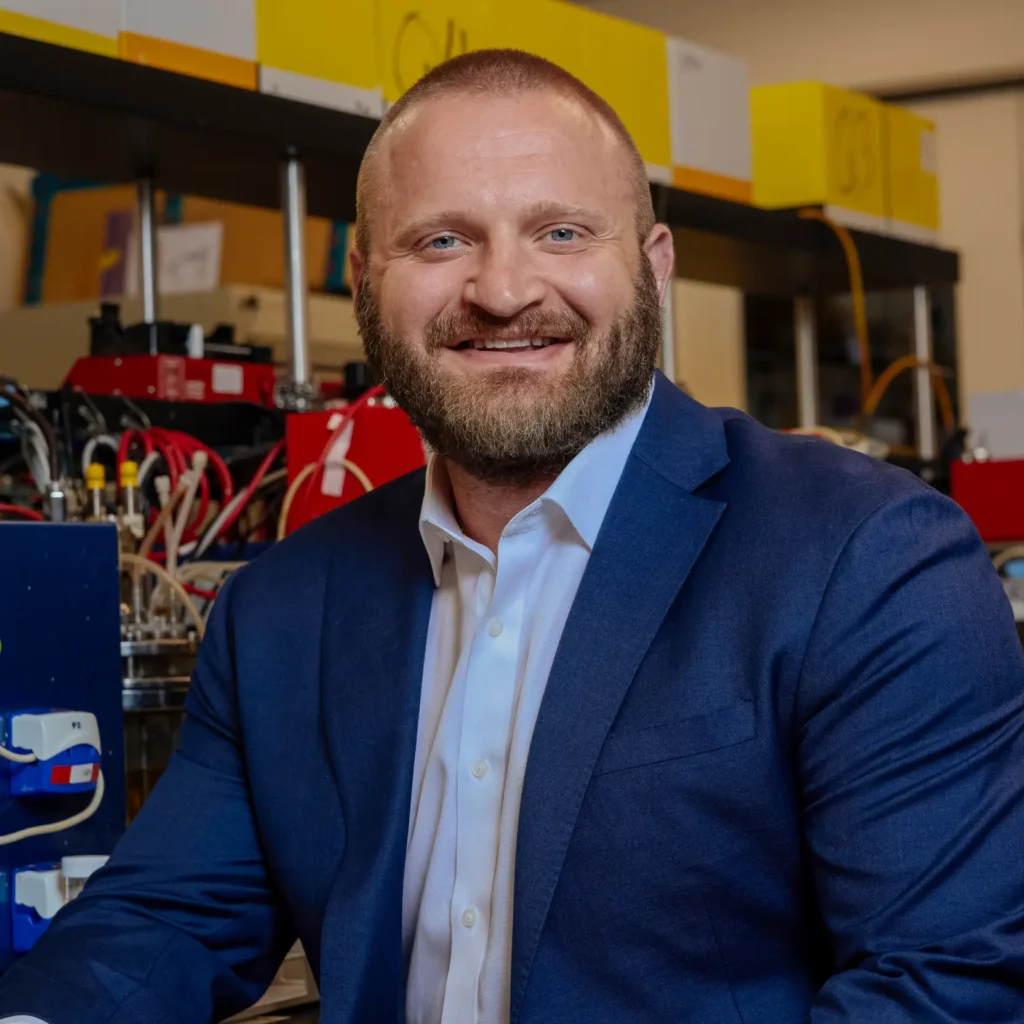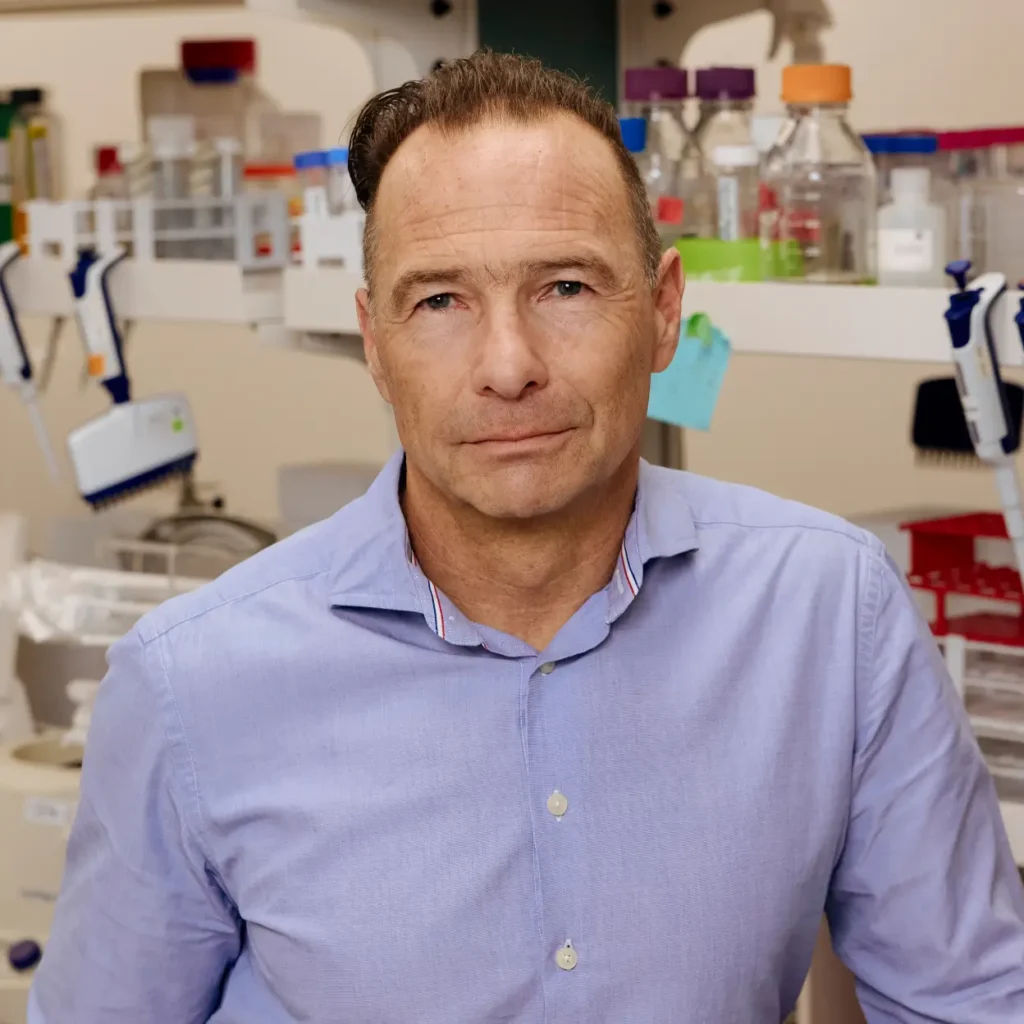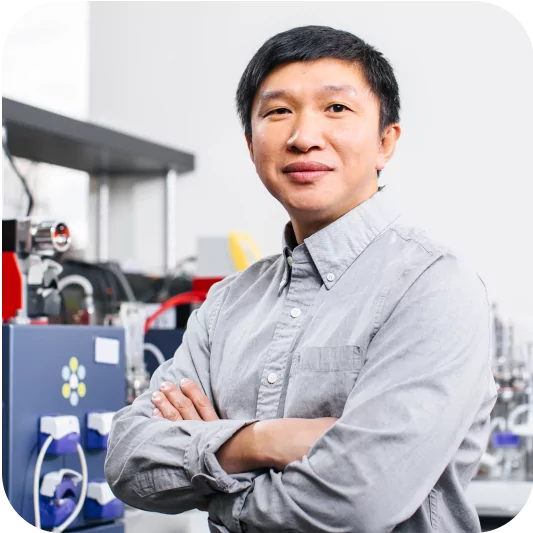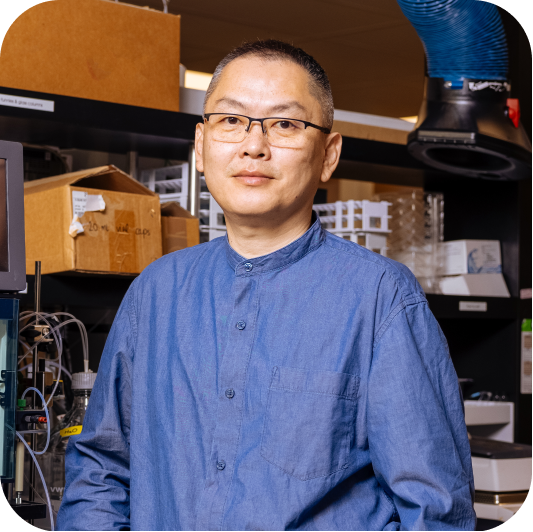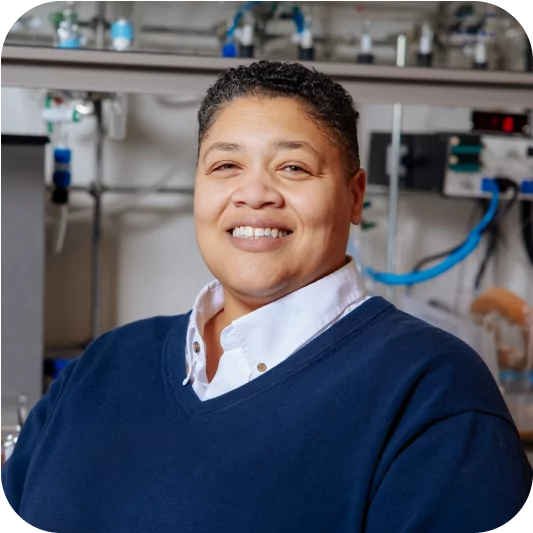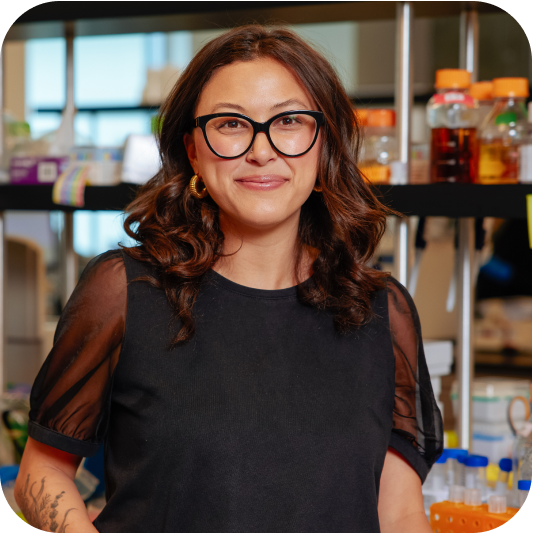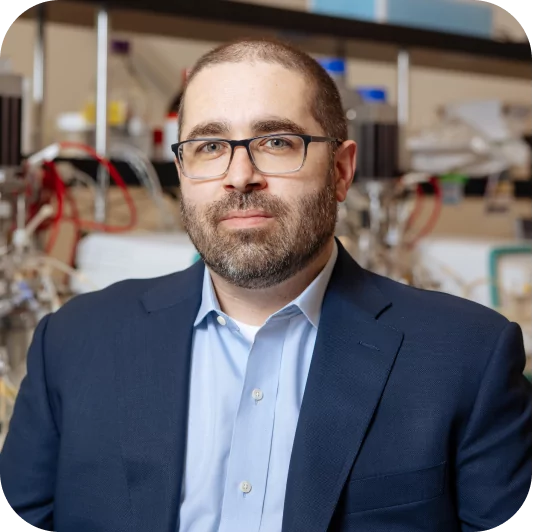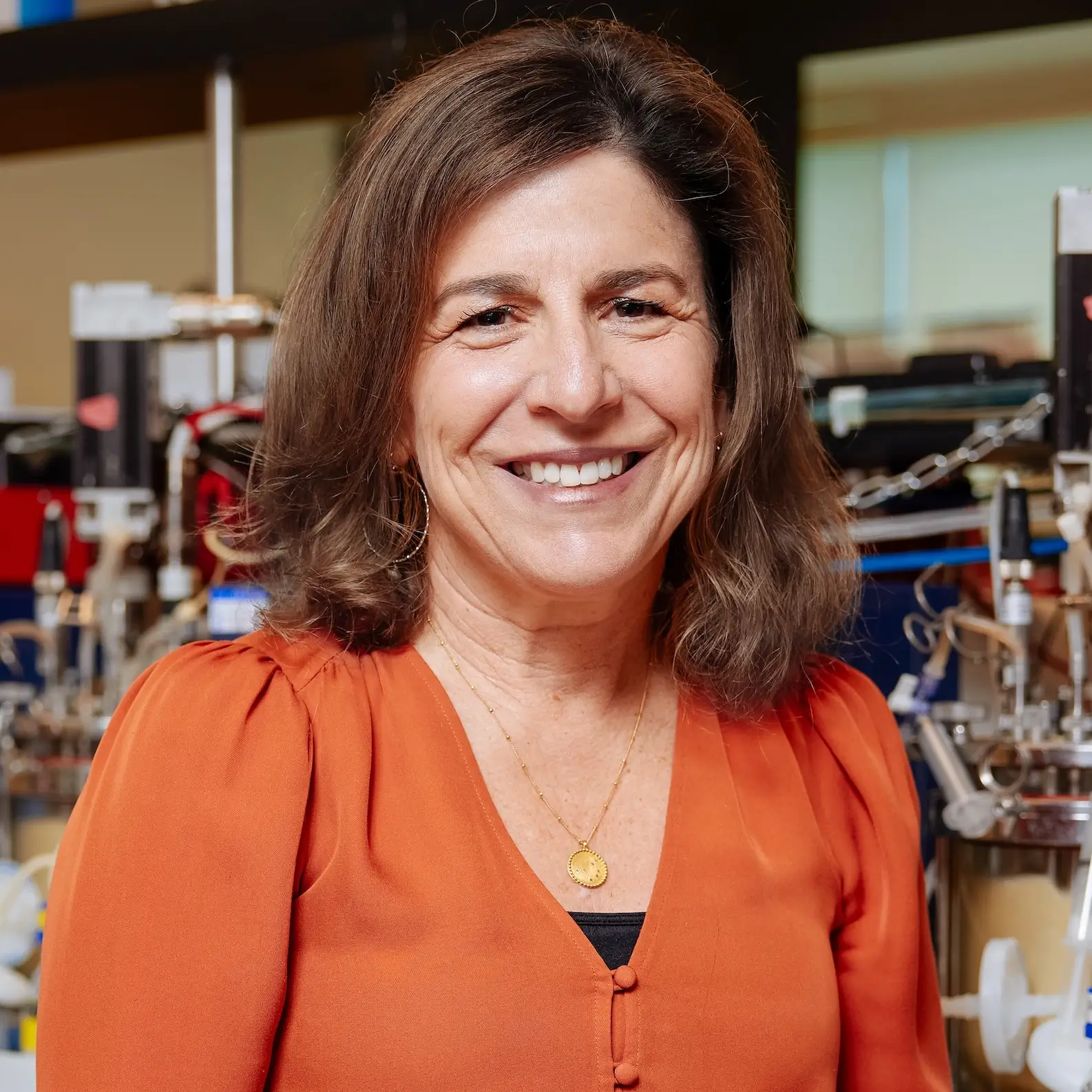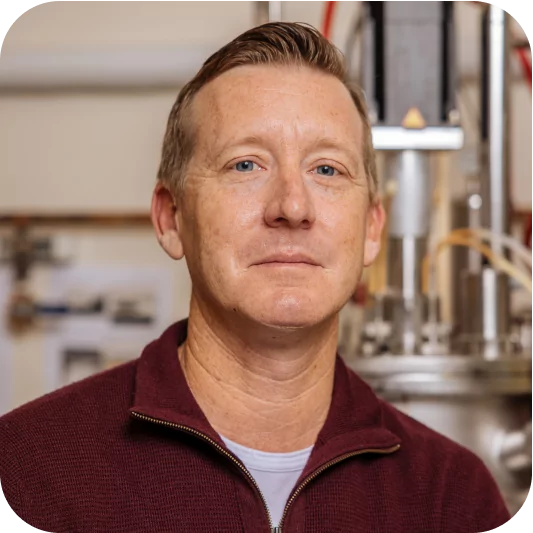Antheia is at a critical point in scaling our production technology. Just as we bring together exceptional science and technologies to unleash the power of plants to inspire the next generation of medicines, we bring together a strong team of experts who share our vision of creating these crucial compounds in more sustainable and resilient ways. We are pleased to have Zack McGahey bring his years of manufacturing experience in the field of biotech and synthetic biology to our team as Chief Operating Officer.
We sat down to speak with Zack to ask him about his background and what brings him to Antheia:
Antheia: We feel incredibly lucky to have you join the Antheia team as COO Zack, especially because you bring so much experience helping companies transition from pilot scale to commercial scale manufacturing. For those who don’t know you, tell us a little about yourself and your background.
Zack: I studied Bioengineering at UC Berkeley and after college began work with mostly bio-pharmaceutical companies in the Bay Area in various manufacturing and engineering roles for clinical stage start-ups. Throughout that time, I became a bit of a specialist in setting up new manufacturing operations and facilities. Later on, I got into the executive program at Wharton Business School so I could earn my MBA while continuing in my career in manufacturing management. From there I moved onto bigger companies like Grifols, Tesla, and most recently Zymergen, where I was VP of Manufacturing Operations.
Antheia: Tesla certainly stands out among all the biopharma and biotech companies you’ve worked with. Why did you join them and what made you come back to bio?
Zack: I once told my wife once that if there was ever anything that could tear me away from my career in biotech, it would be working for Elon Musk! I was happily surprised when Tesla called me about overseeing all manufacturing facilities for the Fremont factory, and it seemed like a great opportunity to work for one of the most innovative companies in the world. I was there during the critical Model 3 ramp period in Fremont and Reno, and the experience gave me an entirely new perspective on scaling up operations. Ultimately, I decided to step back into my biotech career where I could combine the best of my background in pharma and devices with the experience I gained in operations at Tesla.
Antheia: What attracted you to Antheia initially and where do you hope to make your mark?
Zack: The team was just fantastic, the science is really sound, and the company is now at the stage I find most exciting – taking their breakthrough science and translating it to real products. I’ve been through IPOs with three different companies now, including Zymergen, so I understand the life cycle and investments that need to be made to help cross that chasm in company growth. Antheia has a go-to-market strategy and business model that are incredibly savvy. Now the company needs guidance in scaling manufacturing operations, which is what I specialize in! I’m looking forward to being a part of that journey.
Antheia: Our platform uses yeast to produce pharmaceutical compounds that are originally derived from plants in a brewing-like process. What do you think is the big opportunity in scaling this process?
Zack: Part of the reason Antheia is so attractive to me is that these pharmaceutical products already exist on the market, already have massive demand, and have well-documented production problems in desperate need of solutions. Using synthetic biology to replace a plant-based supply chain is a real opportunity to lower costs and improve efficiencies so that people can get the medicines they need without any fear of a natural disaster or a particularly bad growing season. These plant-based supply chains are very fragile, and are going to become even more so in the years ahead of us with global warming.
Antheia: What is the biggest challenge facing Antheia during scale up?
Zack: Antheia has already managed to produce compounds at 300L scale. To scale that robustly to 200,000 liters means developing a number of partnerships to maintain a robust supply chain. My job is to ensure we have that robust supply chain, a methodology of manufacturing and a partner network that we can manage for sound quality and reliable deliveries. Another level of complexity is the operations that come with producing tons of product. These are specialized skills that don’t crop up when you’re working at lab scale, and the challenge is managing that complexity and helping the business mature.
